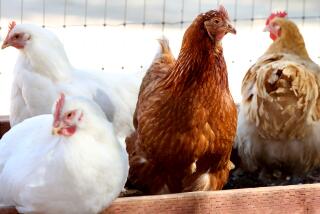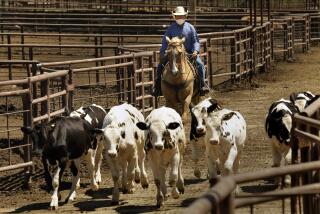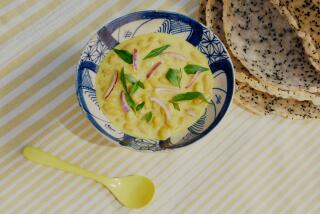Cutting down on meat for health: More people are trying it

Former President Bill Clinton, whose voracious appetite was legendary, went vegan in 2010 to protect his health after heart surgery. And while cutting out animal products is no guarantee of a healthful diet, research shows eating plant-based foods is good for humans.
Health is one of the primary reasons people chose a vegan diet. But it’s easy to see how that can go awry. Corn chips are vegan. And most French fries. Plenty of candy and white bread. The list goes on. I decided to try a plant-heavy vegan diet for the month of January and write about my progress.
A few people asked me how I’d get enough protein (easy to do with tofu and nuts, for example), or whether I’d be short of certain nutrients (easy to watch for or to supplement). But the main idea – a diet full of whole grains, produce, nuts and beans – is to keep to a minimum the same foods we all should mostly avoid.
Clinton says his diet helped reverse the damage to his heart and blood vessels caused by cardiovascular disease and gave him more energy. The vegan life could hardly have asked for more star power. And looking at him post-diet might make you think we should all go vegan.
Several people have told me they have more energy, sleep better, have better skin on a vegan diet. I can’t say I feel dramatically different in my three vegan weeks, but I’m not complaining that I’ve lost a few pounds.
Times reader Ray Lewis, a 50-year-old building contractor in Newport Beach, wrote to extol the virtues of his plant-based diet.
He said he went from “dedicated carnivore” to nearly vegan in the last year. His journey, he said in an email, began after he watched the film “Forks Over Knives,” and he has “lost weight, sleeps better and feels less stress. Not a bad trifecta.”
“My guy friends just shake their head at me but I know inside it gets them thinking!” Lewis wrote.
Still, he’s not likely to get a lot of people to join him. Surveys show that well under 10% of people in the U.S. are vegetarian – and maybe only 1% are vegan.
But the numbers are rising for people willing to eat some vegan or vegetarian meals, to as many as 47%, said Sharon Palmer, a registered dietitian and author of “The Plant-Powered Diet” and “Plant-Powered for Life,” two books that hold readers’ hands on the path toward a diet full of fruits and vegetables.
Those people, who may take part in initiatives such as Meatless Monday, often call themselves flexitarians. There’s a new name, too: reducetarians – people reducing the animal products they eat. That group would include another reader, who said he eats eggs from “very happy, well-treated, truly cage-free hens.” And he knows that because the hens live in his neighbor’s yard.
“A lot of times people are eating vegetarian and not realizing it,” Palmer said. Maybe tacos with vegetable fillings, or stir-fried tofu with vegetables. Long before my vegan January, dinner at my house often would be an assortment of roasted vegetables with rice or quinoa. Easy, healthful, vegan.
Palmer is a vegan, but she said, “Not everyone is going to be a vegan. Ths is a very personal choice.” However, most people could cut back. “Americans are eating three times the global rate of meat,” she said.
It’s not rocket science, Palmer said, to figure out that people who get most of their food from produce, nuts and legumes are healthy. One study looked at nearly 100,000 people sorted into five dietary patterns from meat eaters to vegans. “The more plant-based the better” was the bottom line, Palmer said, for measures including cholesterol levels and blood pressure.
The two main concerns people have raised with me about a vegan diet are vitamin D and vitamin B12.
B12 is found in animal products and specifically fortified foods, like cereals. Palmer recommends that vegans take a supplement.
“We used to get vitamin D from the sun, then the Industrial Revolution came, and we get it from food,” Palmer said – neatly compressing history. Omnivores get D from fortified milk; but nut milks also are often fortified. Just check the labels. Orange juice also is fortified. (I don’t drink either of those, so I’ve been taking a supplement.)
If you’re curious, ask your doctor at your next visit to check your level.
Ellen Jaffe Jones says she might not be alive if she hadn’t become vegan. Her mother, aunt and two sisters all got breast cancer, and her husband had a heart attack, so she has plenty of motivation to live as healthfully as she can.
After three decades as a vegan, her cholesterol level is 150, and she’s a runner and a personal trainer as well as an author. Her books include the unlikely “Paleo Vegan,” which finds places where the meat-eating paleos and meat-eschewing vegans can agree -- nuts and vegetables chief among them.
“Once Bill Clinton became a vegan, and had such good results, it gave credibility to the idea,” Jones said.
Can I go vegan for a month? Follow my progress @mmacvean and “like” Los Angeles Times Science & Health on Facebook.







